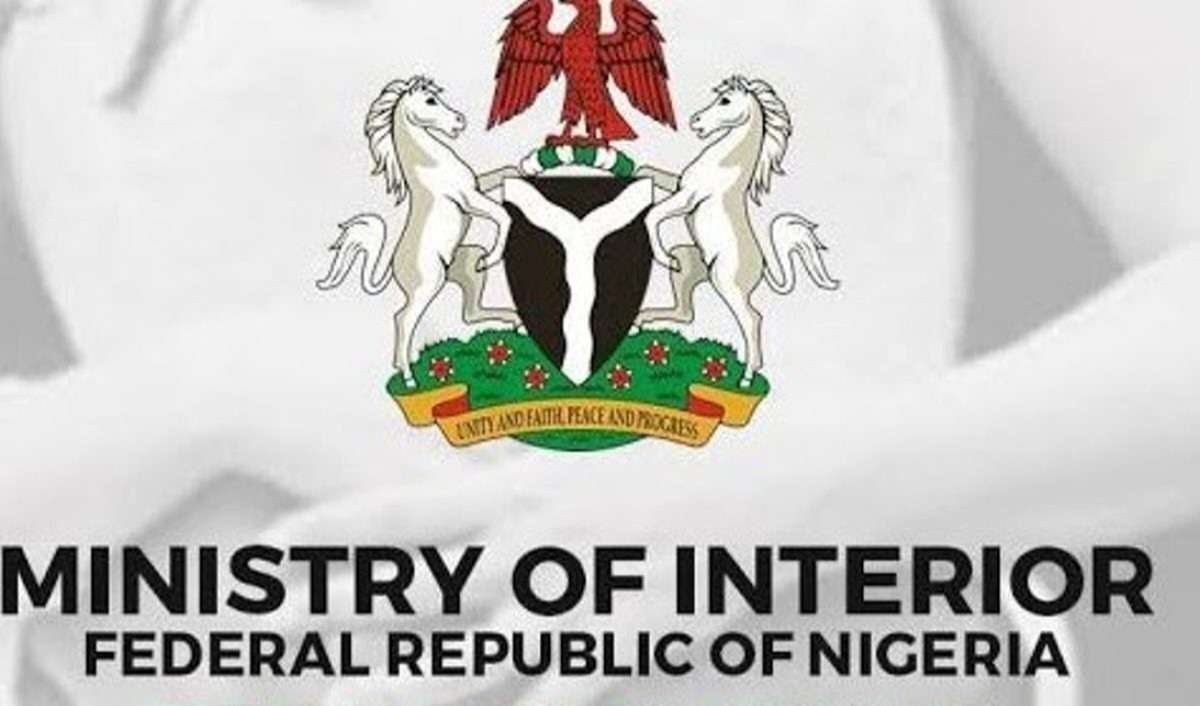The regulation of foreign participation in Nigeria’s workforce has again come to the forefront. The Federal Government, on May 1, 2025, through the Ministry of Interior and the Nigeria Immigration System, launched major reforms to the expatriate administration (Expatriate Administration System) and visa policy (Nigeria Visa Policy 2025) in Nigeria. These reforms are aimed at addressing incidents of abuse of the Expatriate Quota policy in Nigeria, promoting transparency, streamlining compliance, encouraging knowledge transfer, striking a balance between foreign expertise and local content development, automating the visa application and approval process, easy issuance of visas to foreign nationals who wish to visit Nigeria for business and other purposes, e.t.c. This article aims to succinctly highlight the key forms on Expatriate Quota Administration in Nigeria.
Key reforms on Expatriate Quota Administration
1. Introduction of the Expatriate Administration System (EAS)
One key reform is the introduction of a digital platform called the Expatriate Administration System (EAS). Applications for the Expatriate Quota, both new and renewed, will be processed through this system.
2. Closer and Strict Monitoring
The new guidelines establish stricter monitoring of Expatriate Quota (EQ) applications, which will include comprehensive checks to confirm the authenticity of company requests. This approach aligns with the Ministry’s assertion that EQ approvals should be granted only for roles where no suitably qualified Nigerians are available. Additionally, the expatriate understudy policy will be closely monitored and strictly enforced for each approved EQ position.
The penalties for defaulters have been updated. In addition to the previous fine of 3 million naira for each month of default, there will now also be consequences such as reputational damage and the potential revocation of licenses. The goal is to ensure that Nigerians who are employed to train alongside foreign staff are fully prepared to take over the roles once the EQ slot expires.
3. Introduction of the Repatriation Insurance Scheme
Due to the financial burden of repatriating expatriates, which has previously been primarily borne by Nigerian taxpayers, the Ministry of Interior has introduced a personal liability insurance scheme for expatriates. This initiative aims to relieve taxpayers from the expenses associated with immigration defaulters. The annual premium for this insurance will be based on the expatriate’s length of stay and is expected to range from $500 to $1,000.
4. Upward Review of Application Fees
The increase in fees is intended to cover inspection costs, which are now part of the application process, along with due diligence checks and other administrative expenses. Companies looking to employ foreign nationals are now required to pay a fee of ₦1,000,000 to apply for a grant of an expatriate quota. The renewal of these quotas will incur a fee of ₦500,000; however, religious organizations will benefit from a reduced renewal fee of ₦250,000. Additionally, the fee for applying for an extra expatriate quota has been raised to ₦500,000, up from the previous ₦200,000. The cost to redesignate an expatriate role has also increased, from ₦150,000 to ₦500,000.
Conclusion
The new reforms on Expatriate Quota Administration in Nigeria represent a significant change in the regulation of foreign employment. By tightening compliance requirements, revising application and renewal fees, and introducing new measures such as the Expatriate Administration System and mandatory insurance coverage, the Federal Ministry of Interior aims to balance attracting foreign expertise with protecting national interests.
For enquiries, you may reach us through the WhatsApp icon on this page or fill the contact form HERE, and we’ll attend to you.
